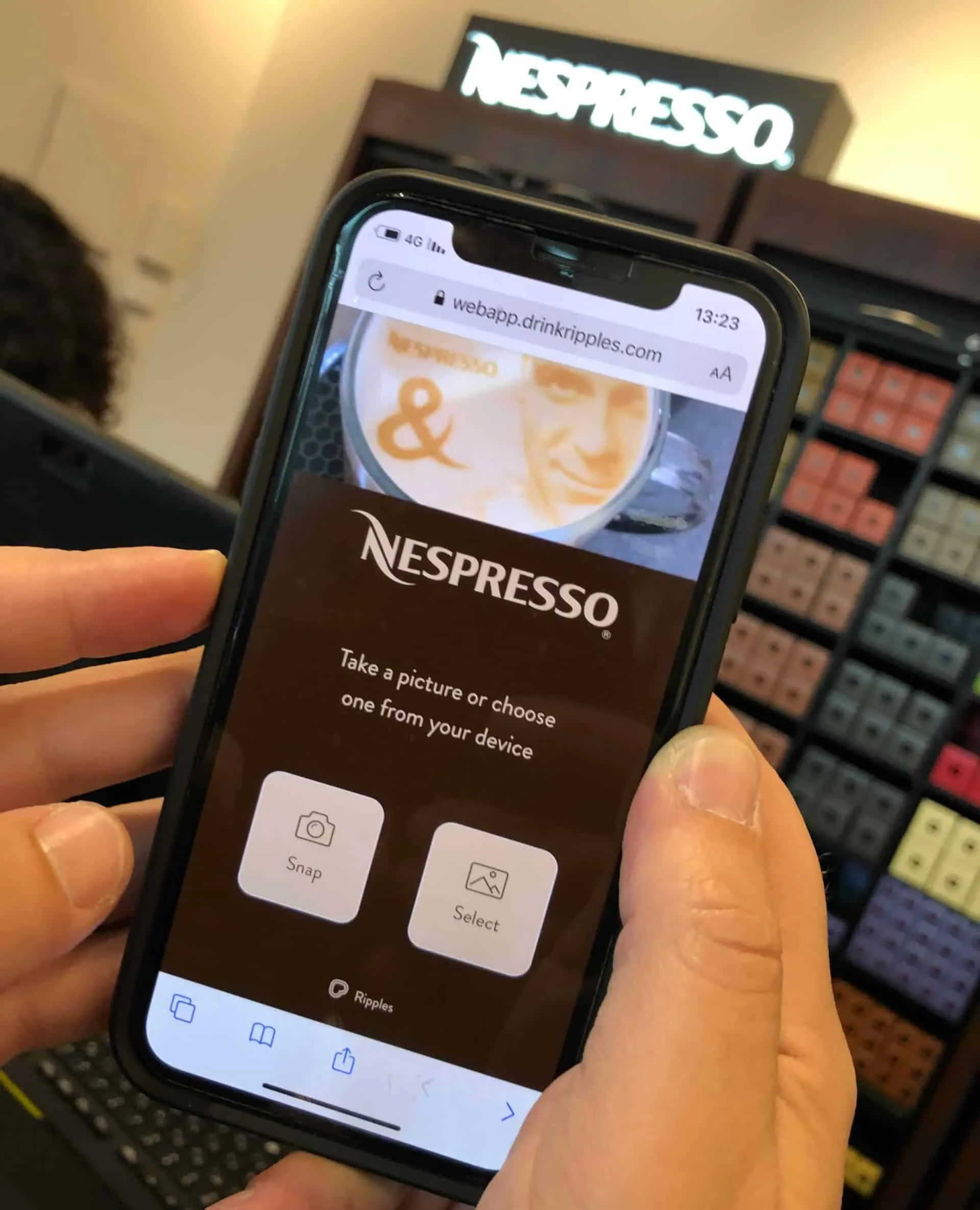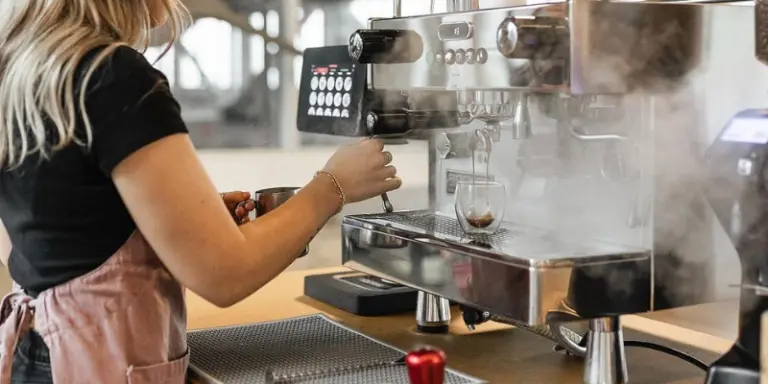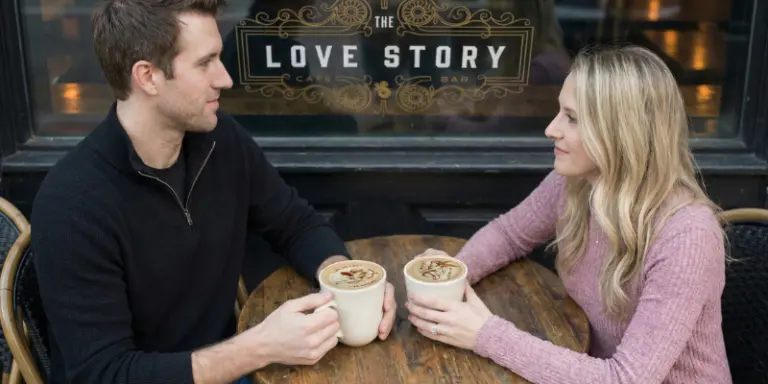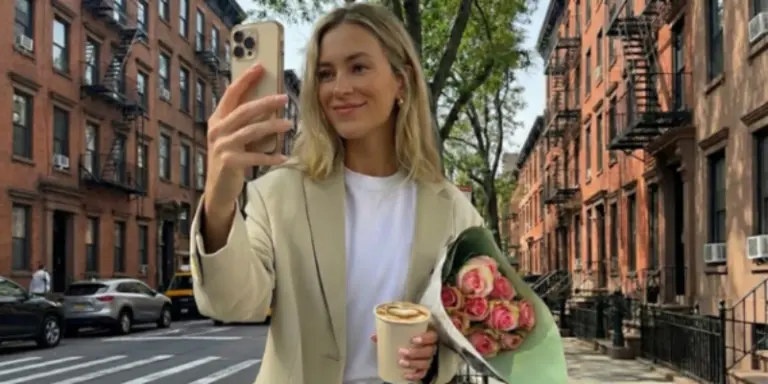Smell may be the dominant sense associated with good coffee, but visual cues are more important than ever for expressing the full story of what goes into making that latte. And there’s a lot to show – heritage, value chains, product innovation, sustainability, culture.
“The growing demand for specialty coffee follows the growing consumer interest in how coffee is brewed, as well as where, how and by whom the coffee was grown” cites a recent report by CBI on the European Market Potential for Specialty Coffee. “It has therefore become essential for specialty coffee producers to tell the story behind their coffee, its origin and the other environmental and social aspects around it.”
As transparency and authenticity become the markers of effective branding for Gen Y and especially Gen Z consumers, visual storytelling offers an invaluable shortcut in helping specialty coffee brands show these consumers what really makes them special.
“It’s not only about satisfying the values-driven ethos that shapes how Gen Z and Millennial foodies choose which brand of coffee to support. The need for visual branding runs deeper in our new socially-distanced reality” says Yossi Meshulam, CEO of Ripples beverage-top media company.
Specialty coffee brands will need to focus on alternative ways of engaging with consumers to stay top of mind as on-premise sales slowly rebound, and social coffee experiences in cafes and restaurants make way for more at-home and on-the-go consumption in the months ahead.
Specialty coffee brands with a strong visual identity
Though independent craft brands make up the heart and soul of the specialty coffee market, its backbone are the global brands that paved the way for the modern artisanal coffee scene to emerge. Here are a few examples of how they’re using visual storytelling.
Lavazza
Launched on May 1st, 2020, Lavazza’s #TheNewHumanity campaign was intended to reflect on the societal impact of the global Covid-19 pandemic. One month later, in the context of riots against discrimination that are spreading across the United States, its meaning is ever more poignant. What began in 2015 as a rebranding effort with the powerhouse agency Interbrand to elevate Lavazza’s status “from an Italian brand with a worldwide presence, to a global icon Made in Italy” has come full circle in a heartfelt piece of visual storytelling that positions the brand as meta global.
#TheNewHumanity
Nespresso
The campaigns below showcase central aspects of Nespresso’s brand story, including: how the company pushes technological boundaries to stay ahead of the curve, their focus on personalized customer experiences, their exceptional campaigns for promoting art and culture, and a commitment to sustainability that runs throughout the entire product lifecycle, including raising public awareness.
Beverage-Top Media
Using style, elegance and innovation to turn everyday moments into extraordinary experiences is at the heart of Nespresso, and this beverage-top media campaign at a local Nespresso boutique in Tel Aviv ticks all those boxes. It’s just the kind of touch that keeps Nespresso Club members delighted and loyal.
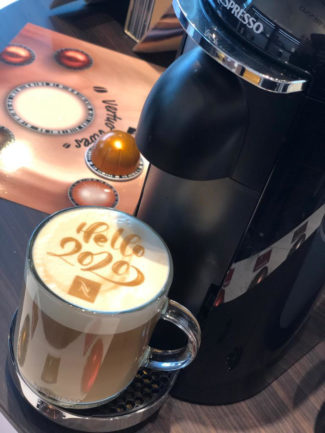
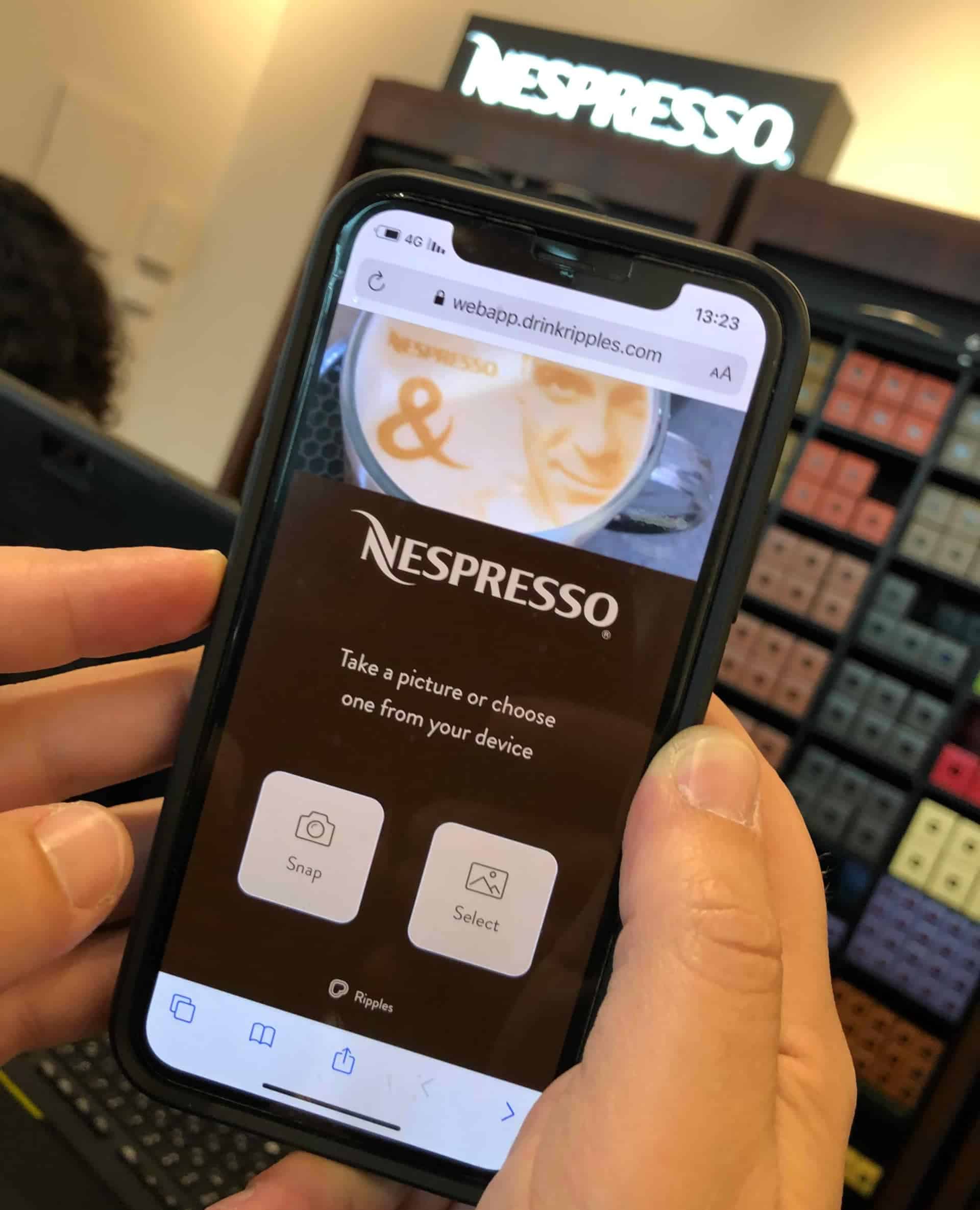
Clockwise from above left: 1) George Clooney and the Nespresso logo featured in the Ripples web app; and 2) celebratory messages for the new year.
Virtuous Circles 2020
“Virtuous Cirlces” is the latest campaign under the Nespresso Talents initiative, a celebration of creative filmmaking now its fifth year. The theme Virtuous Circles highlight stories about the expanding impact of good deeds. Like themes from previous years, such as “The Difference She Makes” (women working on behalf of communities) and “The Extraordinary In the Everyday”, Virtuous Cirlces underscores key pillars of Nespresso’s brand values. By creatively portraying these values through the medium of film, and as part of a wider initiative to support aspiring filmmakers, Nespresso stands apart in a sea of voices for issues that are shared by all the major specialty coffee brands.
Starbucks
Simple Stories & Social Media
Starbucks has an entire subdomain devoted to branded storytelling, which covers the range of specialty coffee issues we’ve come to expect, including farm to cup, community, and social impact – all told in the brand’s friendly voice. But their presence on social media is where this coffee giant really comes to life visually. With 36 million followers on Facebook and 18 million on Instagram, Starbucks has the the strongest social media presence of any specialty coffee brand – and they use it well to convey their stated values. So when those values gained new significance during Covid-19, Starbucks made several attempts to nail the exact sentiment their audience wanted to hear several weeks into lockdown. The winner was this post below, which successfully distilled Starbuck’s simple genuineness into a no-frills image that racked up 300% more likes and 20x more shares than the average of their other posts throughout the sensitive month of April, 2020.
Made with Code
Here, in a more classic example of branded storytelling, Starbucks teamed up with Google’s Made with Code program and Ripples to promote STEM education among teenage girls in the United States. “Exposing girls to science, technology, engineering and math will help enable feeding more than 9 billion people by 2050,” says Mary Wagner, Starbucks senior vice president of Global Product Innovation/Food Safety & Quality. It’s a great story to exemplify Starbuck’s commitment to community, and their role within the communities they serve.
. 
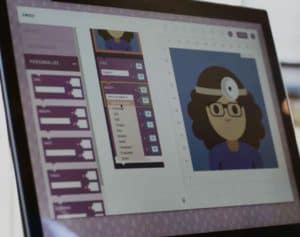
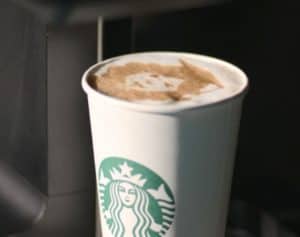
illy
Live Happily
Along with cup art, the gourmet Italian coffee brand has teamed up with dozens of world-renowned creatives, in fields from music to mixology, to produce a collection of video stories that communicate their unique interpretations on living HAPPilly.
Julius Meinl
365 Words
Founded in 1862, Julius Meinl draws on their unique heritage and cultural nuance to tell a story that is outside the specialty coffee box. In what is perhaps the most creative interpretation of visual storytelling we’ve seen so far, Julius Meinl’s 365 Words campaign asks a compelling question about the meaning of words in our modern lives. Their answer transports us to the cafes of Vienna and paints a picture of a singular coffee experience that couldn’t belong to any other brand.
We take words for granted in our busy, day to day, life.
What would you do if you only had 365 words left to say?
“A brand’s positioning should reverberate in every touchpoint: from products, design, and communication, right through to the retail experience” explains Paolo Insinga, Creative Director of Interbrand in Milan. Today more than ever, visual identity and storytelling can help use that positioning to move the needle for specialty coffee brands.
